Zillow's Zestimate, and Assessed Value - what do they mean?
For buyers and sellers there are a bewildering array of home valuations - Zestimate, assessed value, appraised value, market value, list price, and final sale price. In this blog we'll break down the various valuations you will see when you are looking to buy or looking to sell a home.
For a review of the other types of home valuations, please refer to additional blog posts.
Zestimate
Any dinner party conversation about home prices eventually touches on the topic of everybody's home Zestimate. This is the concept that put Zillow on the real estate (and Internet) map. Zillow looks at a wide array of data to determine the Zestimate for a home - property assessment (more on this topic later), recent sales in the area, house characteristics (bedrooms, bathrooms etc. - data derived from public records). They then crunch the numbers and come up with a valuation for every house in the USA.
So, how accurate is this number?
Nationally Zillow states it is +/- 8%. We crunched the numbers on Lexington sales in the first half of 2015 to see if we match the national number. A note on which Zestimate we used - we assumed Zillow updates the Zestimate when a home sells so we used the Zestimate at the time the home went under agreement.

As the graph shows the majority of homes have a Zestimate that is between 1% and 13% LESS than the final sale price. So, why the inaccuracy? To be fair to Zillow the first half of 2015 has been a period of high home price appreciation - just ask any successful buyer if their offer price was based on the homes' value or just to win in the bidding war! More generally Zillow comes up with a valuation without opening the front door or looking in through the windows. They do not know that you last updated the kitchen in 1982, that you just love the bright purple wallpaper in the bedroom, or that the floor plan is 'unique' - that's 'Realtorspeak' for 'weird'.
Zillow does allow you to update the characteristics of your home and correct any inaccuracies if public record is incorrect (a very regular occurrence). But, I suspect this is rarely done unless there's a glaring error and a home owner is thinking about selling their home.
When you look closely at the data there are a large number of homes where the Zestimate is wildly inaccurate - new construction (it's often based on the prior home if it was torn down) and (it's not entirely clear why) condominiums. If you own one of these homes and you are thinking of selling you should see why the value is wrong and try and correct it - there's a very high likelihood that potential buyers will look at this value and assume it's a good approximation.
An interesting fact is that the CEO of Zillow sold his home for 40% less than the "Zestimate"?
They actually have a disclaimer on their website where you can see exactly how INACCURATE they are. They just make it hard to find.
Assessed Value
All homes in MA have an assessed value that is determined by the assessors department of the town in which you live. Many home-owners and buyers assume that the assessed value is the same as (or at least a good approximation to) the market value (we'll cover this in another blog post). Unfortunately this is not the case. The assessed value is used only to calculate the property taxes. It is a computer generated value based on basic characteristics of your home (house style, size, bedrooms, bathrooms etc.) and the total taxes the town need to collect to balance the budget. So, how inaccurate is the assessed value as a predictor to the final sale price? Again we crunched the numbers for home sales in Lexington in the first half of 2015.

As the graph shows for the majority of homes the assessed value is between 12% and 32% LESS than the final sale price.
This has major implications for the increasing number of home owners who are approached by developers offering the assessed value for their home. The developers use a number of arguments why selling direct to a developer is the best strategy.
- Selling your home through a realtor leaves you open to litigation - This is false.
- Selling your home directly to a builder will avoid realtor fees. This is true but generally the home seller will net a higher price when exposing the home to multiple potential buyers and letting them compete for the home and the final sale price will more than cover the realtor fees. If you are convinced that you want to sell to a builder then by exposing the home to multiple builders you will also protect yourself from the builder who offers a very low valuation.
- Selling your home directly to a builder is easy - you move out; they tear down. This is not the only 'easy option' - we regularly work with sellers to convert possible teardowns into great first-time home buyers homes and always generate significant profits for the seller over and above what a builder would pay.
The topic requires a more thorough analysis and we'll do this in a future blog.
If you would like to discuss anything raised in this blog post then please don't hesitate to ask. We would love to help!




